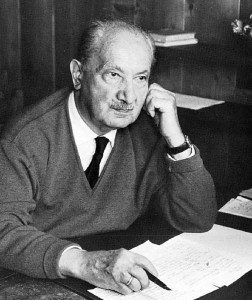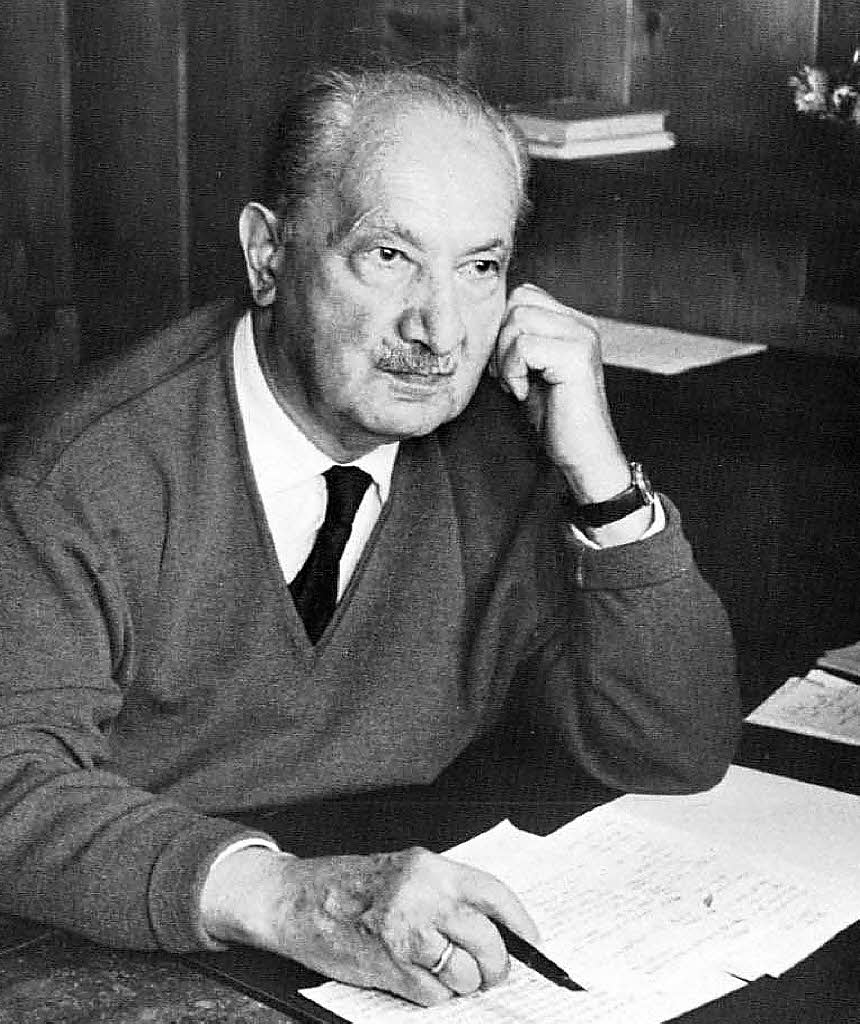 To August H. Wagner
To August H. Wagner
Hotel Bristol
Rome. January 17, 1937
In my Reason in Religion, in the chapters on A Future Life and on Ideal Immortality, you will find all I have to say on the subject of your letter. You are free, as far as I am concerned, to quote from those chapters.—The only new light that I have seen since that now distant date comes from the German philosopher Heidegger, who defines death (which can be nothing for experience) as the wholeness of life. Death is only the fact that, like a piece of music, a life has a particular character and limits. You will find this elaborately set forth, on idealistic grounds, in Heidegger’s works.
From The Letters of George Santayana: Book Six, 1937-1940. Cambridge, MA: The MIT Press, 2004.
Location of manuscript: Collection of Robert Scheuermann, Beverly Hills, CA
